We all remember the low-fat craze of the ‘90s, and the low-carb phenomenon soon after, but cutting protein has never really been in vogue. Our bones, skin, hair, blood cells, antibodies, hormones, muscles, tissues, organs and digestive enzymes are all dependant on protein. That’s a lot of important stuff. When I was in school, we were taught that healthy adults need just 0.8 g of protein per kilogram of body weight. These recommendations were based on nitrogen balance studies that have since been put under scrutiny for underestimating protein needs for optimal health. Based on this recommendation, a girl my size (125 lb or 56 kg) would need just 45 grams of protein per day. That’s just a tiny bit over a cup of diced chicken breast. Seems a bit stingy, no? What about getting enough protein for weight loss?
It also brings up the issue, if I’m only eating 45 grams of protein (which works out to 180 calories of my 2000 calorie diet), what am I doing with the other 1820 other calories? Nothing against fat, carbs, or even a little alcohol, but I’m all about balance. And there is definitely some strong evidence-based benefits to boosting and balancing those numbers in your daily regime.
Protein for Weight Loss and Metabolism
Research has consistently recognized the power of protein for weight loss. First, protein is a pretty complex structure compared to carbs, so it can take your body a little more time to break it down. The result is that you feel fuller for longer (see here, here, and here), which of course creates a perfect environment for reducing overall calorie intake without the hangry snack attacks. It also is smart to consume some protein with your faster digesting carbohydrate foods because it can help slow down the unpleasant energy spike and eventual carb crash. If you’ve ever tried any kind of weight loss diet, you can probably identify with the importance of satiety, so this point for me is key.
Second, protein may have an important role in metabolism, both thanks to thermogenesis and muscle support. Thermogensis or the thermic effect of food is the amount of energy (aka. calories) required to digest, absorb, transport, metabolize and store the nutrients in food. There’s actually convincing evidence that protein requires more energy to break down than other macronutrients like carbs and fat. In other words, you may actually burn some calories from eating! Yay! While obviously I’m not perpetuating the silly negative calorie myth, it’s suggested that someone consuming about 30% of their daily calories from protein (about 150 grams on 2000 calorie diet) may see a caloric deficit of 22-60 calories a day. Over a year, that could mean a difference of 2.5-6 pounds!
Aside from just protein for weight loss, the other key to the metabolism puzzle is protein’s role in supporting muscle growth. Your muscles are made of protein, and muscle is more metabolically active than fat, meaning you’ll burn more calories at rest simply by having more muscle mass. But before you start downing the protein shakes thinking it will help you reclaim the metabolism of your youth, keep in mind that you still need to do the work. Building metabolism-boosting muscles come from hours in the gym, supported by adequate protein. Sitting on the couch eating jerky isn’t going to get you the goods.
Protein for Athletes
Aside from the role of protein for weight loss, athletes should also be paying close attention to their protein needs. Whether you’re a recreational “weekend warrior”, are training hard for a marathon or competition, or particulate regularly in a sport, it’s important to make sure you’re getting enough protein and calories to meet your body’s needs. This is particularly of concern in young female athletes who may be struggling with body image concerns and changes to their body, while not eating enough to meet their activity needs. Not only is this counterproductive to their training goals, but it can also result in a condition called Female Athlete Triad Syndrome, characterized by irregular menstrual cycles, low energy and stunted bone mass formation.
While young athletes in aesthetic sports like dance, gymnastics and figure skating are likely at the highest risk of not consuming enough protein and calories, it’s a risk for anyone.
Regardless of your age or gender, fueling your activity with adequate protein and calories is the key to getting the most out of your workout. It doesn’t always have to be about protein for weight loss. I recently wrote a great piece on meal and snack timing for specific workouts (which you can check out here), but in short, you’ll want to always refuel with protein after your sports practice or trip to the gym. Having a protein rich snack or meal within 30 minutes of your activity will help your body take full advantage of your workout by preventing muscle breakdown and promoting muscle growth.
Feeling hungry for some power-packed protein? What do you think about the role of protein for weight loss? Leave me a message below with some of your favourite protein-rich snacks and meal ideas! And stay tuned for PART 2 where I delve into how much protein you need and some of my own go-to protein-packed foods!
Disclaimer: This post was developed in paid partnership with Maple Leaf Foods, however, as always, all opinions are genuine.
Updated on October 23rd, 2020

Abbey Sharp is a Registered Dietitian (RD), regulated by the Ontario College of Dietitians. She is a mom, YouTuber, Blogger, award winning cookbook author, media coach specializing in food and nutrition influencers, and a frequent contributor to national publications like Healthline and on national broadcast TV shows.
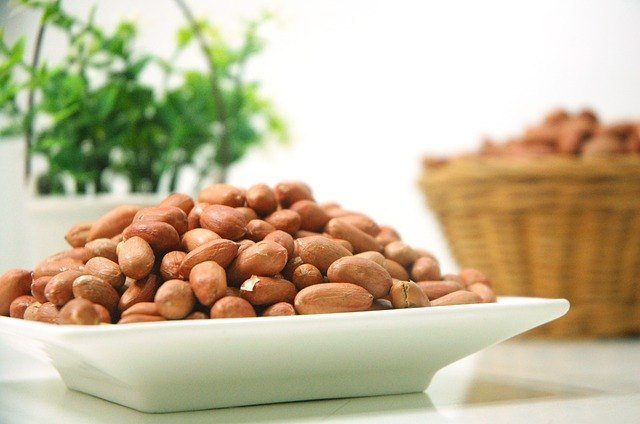
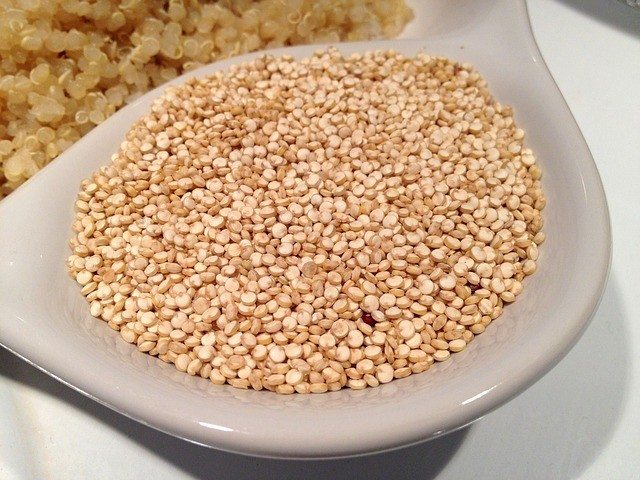
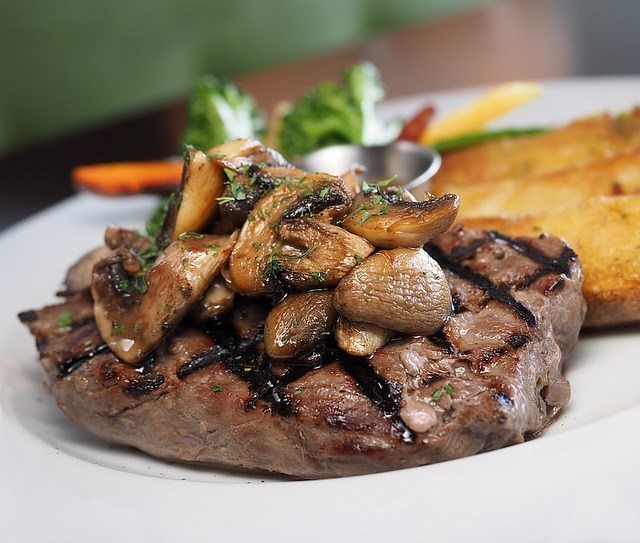
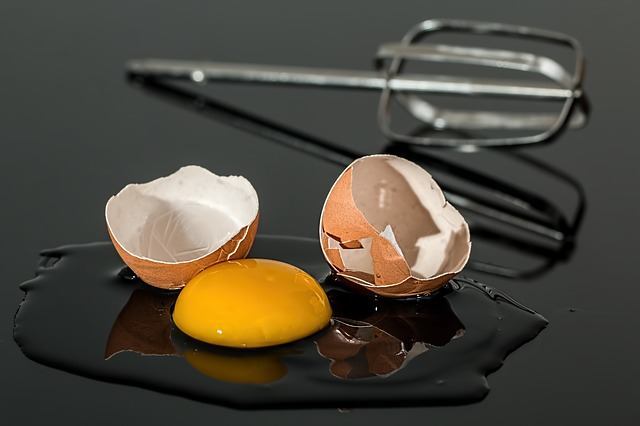
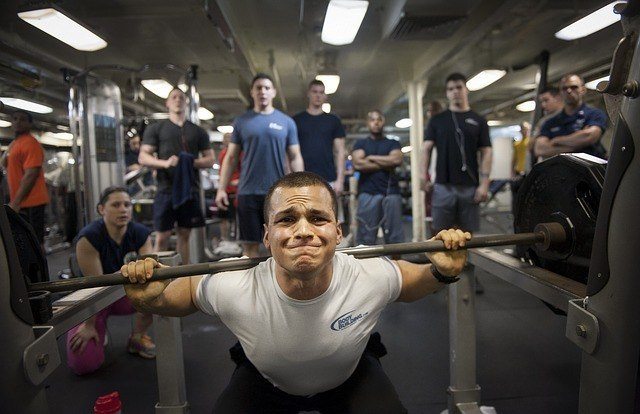
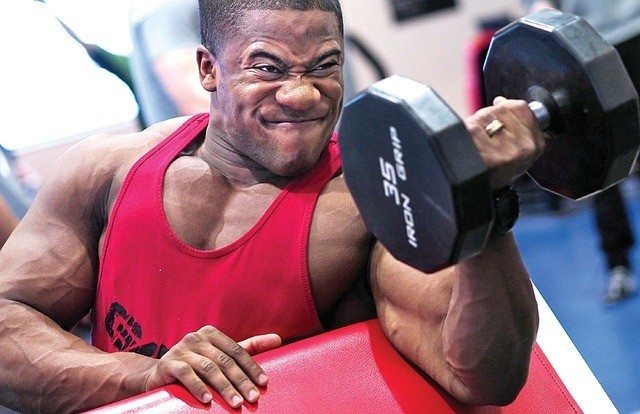
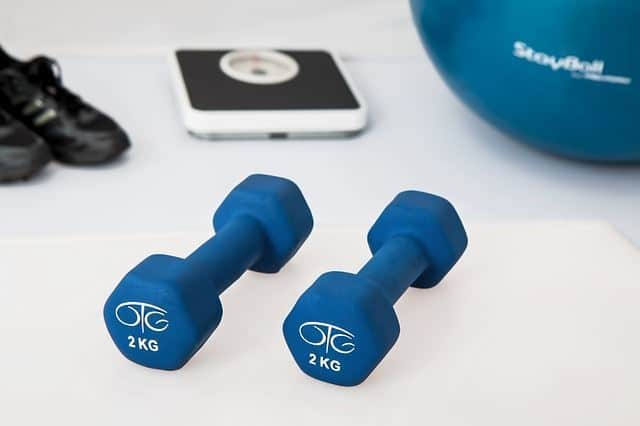

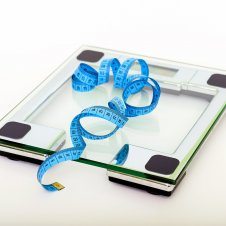
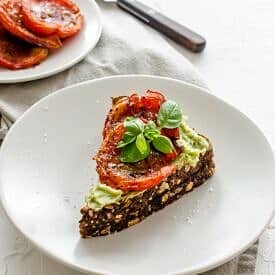


Quick Weight Loss Center in Los Angeles says
Eating whole eggs can have all sorts of benefits, including helping you lose weight.
Joseph Morgan says
Abby’s arguments for eating more protein are not scientifically based on scientific process, scientific reviews, or meta-analysis. She ignores the fact that the reason we lose weight with protein is it has high nitrogen content, which requires water to metabolize. She is correct that we only need 0.8 gm/kg of body weight of protein. We do not need as much as we think we need, and we do not need as much as we are eating in the general public. That data has not changed in 30 years and meta-analysis of scientific studies and reviews still supports that. Elite, high performance athletes, and that is elite athletes, not recreational marathon runners like you and me (or high school athletes), do require higher doses of protein.
Abbey Sharp says
Hi Joseph, thank you for your comment!
Haeli says
I wish you would’ve shown more than just animal based proteins. As a dietitian myself, I see that there is still a huge (false) belief that if you don’t eat meat or other animal products, you’re not getting enough protein and this simply just isn’t true.
Abbey Sharp says
Hey, thanks for sharing! You should check out part 2 of this post where I include a variety of plant based foods, not just animal based: https://www.abbeyskitchen.com/protein-part-2-how-much-protein-do-we-need-and-best-sources/
Beth says
Great article. I’d love to know how to determine one’s protein requirement per day. Thanks so much for your blog!
Abbey Sharp says
Aw thanks
dixya @food, pleasure, and health says
i remember 0.8 g/kg recommendation as well..im looking forward to part 2 🙂